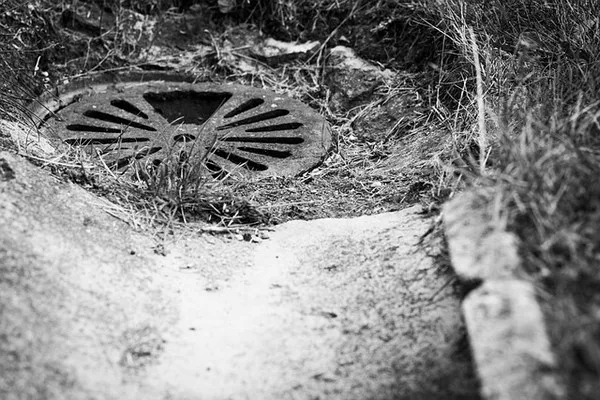Wastewater treatment is a cornerstone of modern sanitation infrastructure, playing a crucial role in preserving public health and environmental integrity. Beyond its primary function of purifying water for reuse or safe discharge into natural water bodies, wastewater treatment offers a multitude of benefits that extend far beyond the treatment plant itself. In this article, we explore the myriad advantages of wastewater treatment, ranging from environmental conservation and resource recovery to economic prosperity and societal well-being.
Environmental Conservation:
Wastewater treatment significantly reduces the environmental impact of human activities by removing harmful pollutants before they enter natural ecosystems. Untreated wastewater can contain a plethora of contaminants, including pathogens, heavy metals, nutrients, and organic compounds, which pose serious threats to aquatic life and overall ecosystem health. By treating wastewater, we mitigate these risks and safeguard the integrity of rivers, lakes, and oceans, preserving biodiversity and ecological balance.
Protection of Public Health:
Effective wastewater treatment is paramount for safeguarding public health. Untreated sewage can serve as a breeding ground for disease-causing microorganisms, leading to the spread of waterborne illnesses such as cholera, typhoid fever, and hepatitis. By removing pathogens and other harmful substances, wastewater treatment prevents the contamination of drinking water sources and recreational waters, reducing the incidence of waterborne diseases and promoting community well-being.
Resource Recovery:
Wastewater contains valuable resources that can be recovered and reused, thereby promoting sustainability and resource efficiency. Through advanced treatment technologies such as anaerobic digestion, nutrient recovery, and water reuse, wastewater treatment facilities can extract energy, nutrients, and freshwater from wastewater streams. These recovered resources can be utilized for various purposes, including energy generation, agricultural fertilization, and industrial processes, reducing the reliance on finite natural resources and minimizing environmental footprint.
Mitigation of Pollution:
Wastewater treatment plays a crucial role in mitigating pollution and improving water quality in receiving environments. By removing pollutants such as nitrogen, phosphorus, and organic matter, treatment plants help prevent eutrophication, algal blooms, and oxygen depletion in water bodies. Additionally, advanced treatment processes such as filtration and disinfection further enhance the quality of treated effluent, ensuring compliance with regulatory standards and minimizing adverse impacts on aquatic ecosystems.
Contribution to Sustainable Development:
Wastewater treatment contributes to sustainable development by promoting economic growth, social equity, and environmental stewardship. Access to safe and reliable sanitation services, including wastewater treatment, is essential for human dignity, public health, and socio-economic development. By investing in wastewater infrastructure and management, communities can create jobs, stimulate economic activity, and enhance quality of life while safeguarding natural resources and ecosystems for future generations.
Climate Change Mitigation:
Wastewater treatment plays a dual role in climate change mitigation by reducing greenhouse gas emissions and enhancing climate resilience. Through anaerobic digestion and other biological processes, treatment plants can capture and utilize methane, a potent greenhouse gas, as renewable energy. Additionally, by improving water management practices and enhancing ecosystem resilience, wastewater treatment helps mitigate the impacts of climate change, such as flooding, drought, and sea-level rise, thereby enhancing community resilience and adaptation.
Regulatory Compliance and Risk Management:
Wastewater treatment helps organizations and governments comply with regulatory requirements and manage environmental risks effectively. By implementing robust treatment processes and monitoring systems, industries can ensure compliance with environmental regulations and minimize the potential for regulatory fines, lawsuits, and reputational damage. Additionally, proactive wastewater management strategies, including pollution prevention and resource recovery, help mitigate environmental liabilities and enhance business sustainability.
Public Awareness and Education:
Wastewater treatment plays a crucial role in raising public awareness and educating communities about the importance of water conservation, pollution prevention, and environmental stewardship. Through outreach programs, educational initiatives, and community engagement efforts, wastewater utilities and environmental organizations can empower individuals to make informed choices and take collective action to protect water resources and ecosystems. By fostering a culture of environmental responsibility and sustainability, wastewater treatment contributes to building resilient and equitable communities.
Conclusion:
Wastewater treatment is essential for safeguarding public health, protecting the environment, and promoting sustainable development. Beyond its primary function of purifying water, wastewater treatment offers a multitude of benefits, including environmental conservation, resource recovery, and climate change mitigation. By investing in wastewater infrastructure and management, communities can enhance resilience, foster economic prosperity, and ensure a sustainable future for generations to come. As we continue to confront global challenges such as population growth, urbanization, and climate change, the importance of wastewater treatment in achieving a more sustainable and equitable world cannot be overstated.

